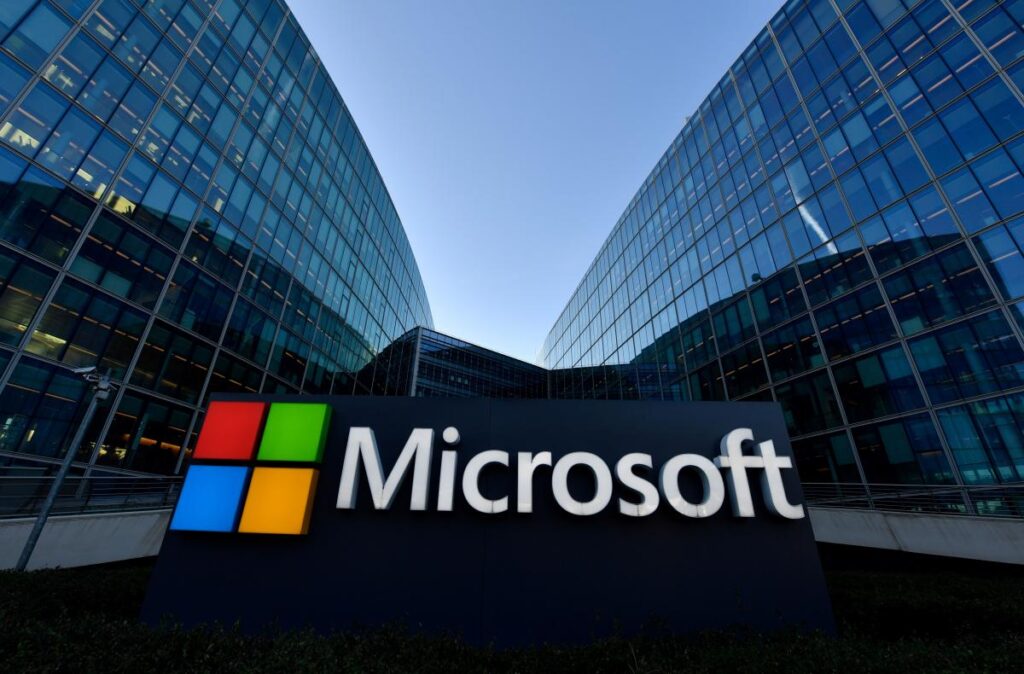The next Windows 11 operating system from Microsoft has been leaked online. The whole Windows 11 OS has appeared online, complete with a new user interface, start menu, and much more, after screenshots were first shared on Chinese portal Baidu.
The new Windows 11 Start menu and user interface are remarkably similar to those present in Windows 10X. Microsoft was working on making Windows more user-friendly for dual-screen computers before abandoning the project in favor of Windows 11. The most noticeable visual modifications can be noticed along the taskbar. The app icons have been centered here, the tray area has been tidied up, and a new Start button and menu have been added.
Microsoft is making another attempt in a blog post to clarify the minimal requirements for Windows 11, which have many people puzzled, especially when it comes to which CPU generations the new OS will support. Intel 6th Gen Skylake and previous CPUs, as well as non-Zen AMD processors, will not meet “principles around security and dependability, as well as minimum system requirements for Windows 11,” according to the post. That matches the company’s previous declaration that Windows 11 would require Intel 8th Gen Coffee Lake or Zen 2 CPUs or higher, but users of Intel 7th Gen Kaby Lake and Zen 1 CPUs still have hope.
The fact that the first Insider build of Windows 11, which is out today, will not require TPM 2.0 or certain CPUs adds to the confusion. Microsoft will use feedback from testers to make any necessary changes to the minimum criteria. Users with Intel 7th Gen CPUs and AMD Zen 1 CPUs will be given special attention by Microsoft to determine if they’re obtaining the performance that Microsoft requires in terms of dependability and security.
This news appears to corroborate people’s suspicions that Windows 11 won’t support older CPUs, even though some of them can still outperform newer versions in terms of sheer performance. The reason Windows 11 won’t run on certain CPUs, according to Microsoft’s blog post, is to maintain a greater degree of security, stability, and reliability. Microsoft will also be “temporarily removing” the PC Health Check App, which was supposed to advise Windows 10 users whether or not they could upgrade to Windows 11. The app “was not fully prepared to convey the amount of detail or accuracy” that customers expected, according to the company, but it will be available again for the fall introduction of Windows 11. (Likely








